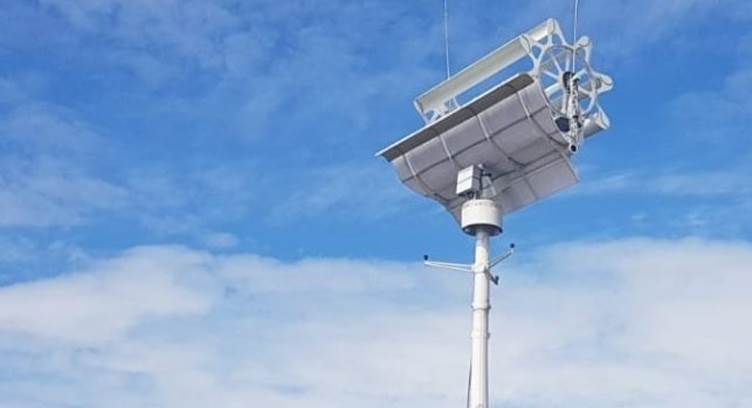Vodafone has developed self-powered mobile towers and will deploy these across the UK, supporting the company’s target of achieving net zero for its UK operations by 2027.
The ground-breaking Eco-Towers will also enable the deployment of new mobile sites in the most remote locations, without the major challenge and cost of connecting to the electricity grid. For the last two years, Vodafone and Crossflow Energy have been collaborating on the development of Crossflow Energy’s innovative wind turbine technology, combined with the latest in solar and battery technologies, to create a self-powered mobile network tower. Vodafone, alongside network partner Cornerstone, will now run a proof of concept to install Crossflow Turbine technology on rural mobile sites.
Vodafone is committed to working with industry partners to expand mobile coverage to reach 95% of the UK landmass by 2025 and achieving net zero for its UK operations by 2027. Adoption of innovative technologies like the self-powered site are essential to meeting both of these bold ambitions.
As well as reducing Vodafone’s energy consumption, self-powered sites remove the need to connect to the electricity grid, overcoming what can be an insurmountable civil engineering challenge when building new sites in the most rural parts of the UK. Further benefits of the Eco-Towers include:
- Using locally-generated renewable power reduces the environmental impact of the site.
- Increased renewable contribution from the combination of wind and solar, together with battery storage systems on-site, removes reliance on diesel generators for back-up power.
- Quiet, bird-friendly turbine makes the Eco-Tower viable for the most sensitive of sites, including Areas of Outstanding Natural Beauty.
- The security of the power supply is improved as the on-site power generation is independent from the electricity grid.
Vodafone UK targets to reach net zero operations by 2027. Globally, across 21 countries, Vodafone will halve emissions in its supply chain by 2030, before reaching net zero across its full value chain by 2040.
Martin Barnes, Chief Executive Officer, Crossflow Energy
We are really excited to be working with Vodafone. It’s a fantastic opportunity to show how our self-powered Eco-Tower solves the problem of harnessing ‘small wind’ to offer not just that all-important carbon reduction, but also significant commercial benefits.
Rhys Phillip, Chief Executive Officer, Cornerstone
Cornerstone is committed to sustainability and safeguarding the future of our planet. Piloting exciting initiatives like this with our partners and customers can only help us develop better ways of contributing to a sustainable, net-zero-carbon-emission future while ensuring a connected Britain.






















